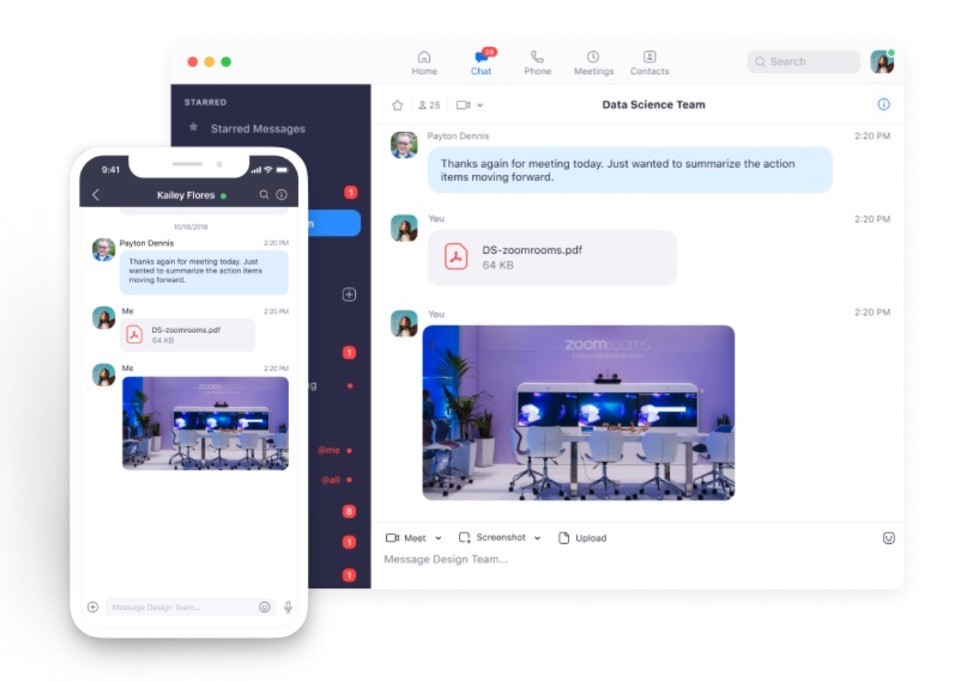In order to secure the best employees for your business, pre-employment screening methods are important to conduct. One particular screening method is skills testing and this can be a fantastic way of checking if the employee is right for the role and for the business.
There’s no specific way in which you should be conducting the hire process of your new employees, but it can be beneficial to have pre-employment skills testing in place.
This guide will share the reasons why pre-employment skills testing is important and how you can implement them into your recruitment process.
What are pre-employment skills testing?
Screening your candidates can be useful in providing a better quality of hire in your recruitment process. You can only have so much trust in what the candidate shares on their resume. A survey found that only one-third of recruiters think job candidates are honest when it comes to their resumes. 85% of them feel a candidate exaggerates their skills on paper.
Pre-employment skills testing is an assessment that determines the personality traits, job knowledge, skills and behaviors of the candidate. It helps to give an informed profile of the candidate so that you can determine whether or not they’re the right fit for you.
Without pre-employment skills testing, you may unknowingly take candidates further down the recruitment process that aren’t a good fit. This can end up wasting a lot of time and resources for the business.
Six reasons for using pre-employment skills testing
There are many reasons why pre-employment skills testing is useful for business, mostly for the insights it provides. Here are six reasons for using pre-employment skills testing for your business this year.
1. Helps to set goals and objectives for the screening.
Every recruitment drive or hire will involve a certain process depending on what the business is after. Pre-employment skills testing can help set goals and objectives when assessing a candidate.
For example, you may be recruiting for a senior role that needs to meet certain criteria and these tests can help understand how capable they are of fulfilling that role both in their skill set but their personality also.
It can be useful to have a checklist, especially when you have so many candidates applying for the role. On average, a job opening attracts over 250 applicants so competition is tough. It’s made challenging for those hiring to whittle down the volume effectively.
Pre-employment skills testing can contribute to ensuring the right candidates are progressing to the next stage of the interview process. You’ve also got a real insight into the candidate’s skills without just relying on personal opinion.
2. Keep the process and your business compliant.
There are going to be times where a candidate may feel like they’ve been given an unfair recruiting process or bias. For some, that might be the case and it can result in a business being pulled up for unfair practices. However, with pre-employment screening tests like a skills test, it can help defend your position.
Having evidence of a pre-employment screening test, it shows actual evidence of the candidate’s performance. It means that should the candidate perform poorly and they contest your decision, you can present this information without having to go any further.

It’s not always the case that candidates will hear back from job applications they’ve made but it’s worth sharing feedback where you can. With pre-employment skills testing, it can be easy to collate the feedback together. This is where an applicant tracking system can come in handy.
An ATS example would be SmartRecruiters. They are a great shout for larger companies to ensure you’re attracting, engaging and hiring the right talent for your organization. Being compliant is going to avoid a lot of problems that can often come about when hiring new staff members.
If it’s not already happening within your business, your HR department should be actively involved in the recruitment process. They can ensure fairness and compliance is delivered to every individual who applies for the role.
3. Streamlines the hiring process.
The process of recruitment can be one that’s quite exhaustive. Having to arrange numerous rounds of interviews, dealing with all candidates calendars and freeing up schedules can be a headache.
A pre-hiring test can be something that is carried out at home, rather than the candidate having to come into the office. It can also take up less time rather than having to set up a meeting space in the office and likely taking up more hours in the working day.
The benefit of having a skills test is that you can set a minimum score that the candidate must surpass to get to the interview stage. This can streamline the process greatly, reducing the number of candidates you’ll need to interview too.
You want to do everything possible to streamline this process, especially as recruiters report an average $3,000 cost-per-hire for all open positions advertised. That’s a lot of money to spend, in the hopes of getting the right person for the role.
Streamlining the hiring process will lead to a more enjoyable experience for you or your team that’s recruiting. It doesn’t need to be as stress-inducing as it can tend to be.
4. Helps the recruitment team come to an agreement.
Hiring a new employee can often be made easier when it involves just one or two members of existing staff. However, when you have a team that’s responsible for making a collective decision on the candidate, heads will likely butt when it comes to opinions.
Not everyone will agree with the other whether it’s the candidate’s experience on the resume to any responses that the candidate has given. Having a skills test conducted can help provide more evidence on the applicant so that an agreement can be met on who is better for the role.
This data can prove crucial when you’ve got those responsible for recruitment, who can’t come to a mutual decision. It also gives those arguing their opinion, the data they need to back their reasoning or to challenge someone else’s. Ultimately, it can lead to quicker decisions being made.
Pre-employment skills testing is particularly important when you’re hiring staff who may work between multiple departments. It’s where a difference of opinions is likely to appear more, so it’s worthwhile incorporating it into the recruitment process.
5. Useful for remote hiring scenarios
Due to the pandemic, a lot of interviews and recruitment drives have had to take place over video and through phone calls. This has certainly presented its challenges as a lot more can be communicated across when it comes to in-office interviews.
However, a great benefit from pre-employment skills testing is that they suit remote hiring wherever your candidates may be. The skills testing in particular can be distributed to anywhere in the world, which is useful for those candidates who may also be based internationally to your business.
These tests can provide a personal insight into their background, their character and all whilst assessing the core skills they need for the role. Thankfully, there is some great technology available for businesses to take advantage of.

Zoom has had a great year for companies needing remote working. The popular communications platform was one of the fastest-growing apps during the pandemic with meeting participants increasing by 2,900%.
Even though the pandemic has complicated recruitment processes, it’s still possible to do it remotely. Another screening method would be to do video interviews before bringing candidates in. Remote screening will likely continue to be a popular choice in recruitment.
6. Finds exceptional and high-quality applicants
Just like exams at school, not everyone performs well in them. The same can be said for interviews. Regardless of how much you put the candidate at ease, the environment and atmosphere of an interview can feel tense.
With that being said, skills testing can be a great way to attract the cream of the crop in terms of talent. Those who have a great deal of skill and knowledge in a role may perform better with screening methods like this one, over interviews.
It’s good to make sure that you let candidates know when they’re applying, those skills-based assessments will contribute towards the competency of the role. As a result of this, you’re more than likely to bring in a few more applicants.
When it comes to recruiting, you want to appeal to as many people as possible. With extra opportunities to display a candidate’s skills, you’ll end up being spoilt for choice on who to hire.
Don’t skip on pre-employment screening
Pre-employment screening can be very useful for recruiters to do when hiring new employees. It will hopefully give you more of a guarantee that you’re choosing the right candidates for further interviews and to secure an individual for the business.
Every hire made should be for the right reasons and skills testing is a great way of providing a good return on your investment when recruiting.

Author Bio: Natalie Redman (LinkedIn)
Email – natalieannredman92@gmail.com
Freelance writer for many clients across multiple industries. Natalie has two years of copywriting experience. Natalie has a wide range of experience copywriting for web pages for businesses across many industries. She’s also an owner of two blog websites and a Youtube content creator.







